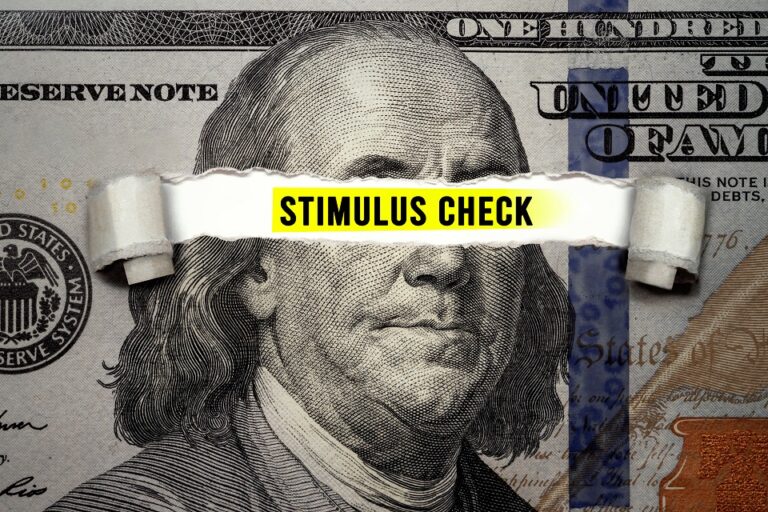
Tennessee
While Tennessee does not have a state income tax, similarly to New Hampshire, you do have to pay taxes on dividends and some interest. This Hall Tax rate is at 1%. Additionally, individuals do not have to pay taxes on the first $1,250 of taxable income while joint filers don’t have to pay taxes on the first $2,500.
The good news is that these taxes will be phased out in 2021. Residents over the age of 100 also get their taxes waived.
Things get a little more complicated when considering sales taxes as Tennessee has a 7% state levy. Add to that the additional 2.75% state taxes on sales of single items that apply for a portion of the sales price between $1,600 and $3,200. And if that’s not enough, localities can also add up to 2.75%. Local taxes are limited since you’ll only have to pay taxes on the first $1,600 of any single item.
All in all, the Tax Foundation found that Tennessee has the highest combined sare in the nation, sitting at 9.55%.
Groceries, clothing items, and motor vehicles are taxable too. In terms of groceries, you’ll be looking at a 4% state rate but other local taxes may also apply. For motor vehicles, there’s a 7% basic rate in addition to a 2.75% state tax on sales between $1,600 and $3,200 as well as local taxes, where they are applicable.
While there are no inheritance or estate taxes in the Volunteer State, you have to keep in mind that the median property tax rate here is $636 per $100,000. Still, that’s below the national average!




